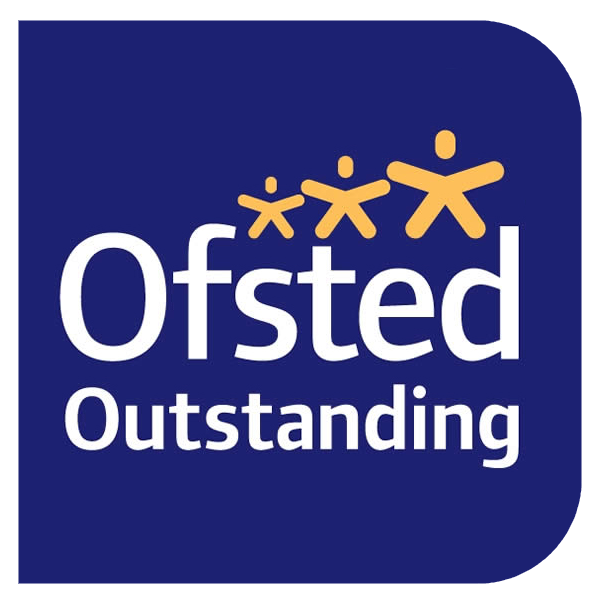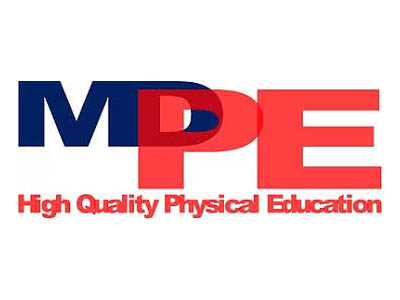Science
Intent
The ‘I can statements’ in our Science intent are created using the National Curriculum 2014. The objectives also apply to each particular year group as the National Curriculum outlines. Alongside this, our Science Curriculum is divided into substantive and disciplinary knowledge. The definitions of substantive and disciplinary knowledge are as follows:
- Substantive knowledge (knowledge of the products of science, such as concepts, laws, theories and models): This is referred to as scientific knowledge and conceptual understanding in the National Curriculum.
- Disciplinary knowledge (knowledge of how scientific knowledge is generated and grows): This is specified in the ‘working scientifically’ sections of the National Curriculum and it includes knowing how to carry out practical procedures.
In the early years, practical adult led activities are introduced to align with the EYFS intent and are embedded throughout the continuous provision. Starting with two-year-olds, through to Nursery and progressing to Reception, children are taught simple scientific vocabulary and knowledge to prepare them for Year 1. In the early years, practical hands-on activities are also introduced, linking to the EYFS intent. Each year, the intent builds on students’ prior learning ensuring that skills are reinforced as topics are revisited and learning is embedded throughout the school.
Across school, at the heart of our scientific learning, are exciting opportunities to explore our local environment, take part in practical experiments and work with outside experts in the field of science. For example, The Rock Showman! We strongly believe that all children should have the opportunities to participate in practical, hands-on experiences to enable them to deepen their understanding through engaging lessons where they are ‘The scientists!’.
Implementation
Science is taught on alternating weeks alongside our carefully planned Forest School provision. The children have a classroom-based session and then the following week, they take part in a session which consists of activities in the Forest School, linking to the science outcomes and the six principles of Forest School. The Forest School operates both offsite, within the local area and onsite, where we have a dedicated space specifically designed for Forest School activities and resources. For classroom-based science, we have a large variety of resources that we use to allow the children to engage in practical learning across all areas.
We have a designated science teacher who delivers high quality lessons and seizes opportunities to further enhance the curriculum and grow enthusiasm for the subject. Recent examples include visits to Saltholme Nature Reserve and Skinningrove beach visit and involvement in the ICL Boulby sunflower competition.
A typical science lesson would begin with a retrieval of previous learning and key vocabulary is added to the science lab coat which is awarded to the ‘scientist of the week.’ The new learning is then introduced, which builds upon prior knowledge. The children take part in an activity that has a strong element of investigation to develop children’s enquiring minds. At the end of a lesson, learning is reviewed and assessed to inform the next lesson.
All children, including those with SEND, access the Science Curriculum through the use of voice recording, photographic evidence and targeted, adapted questioning as well as practical activities.
Science is interlinked with other subjects where possible. The science lead will discuss with class teachers where science fits with other topics. For example, the states of matter topic in Y4 is covered alongside the Y4 literacy work on the water cycle.
We offer key stage 2 children to opportunity to attend Science Club where practical, exciting activities are used to ignite passion for the subject.
Impact
We believe that science stimulates children’s curiosity and equips them with the fundamental life skills such as: problem solving, teamwork, resilience and respect for the world around them. We assess science against the National Curriculum objectives. We are proud that our children have a keen interest and enthusiasm in science and are inquisitive learners.








